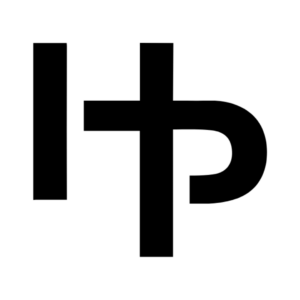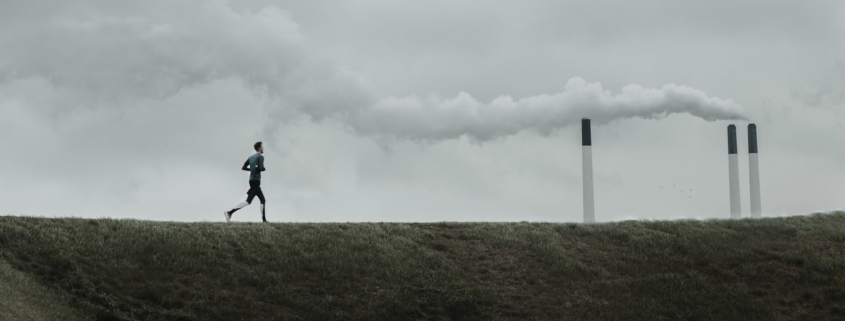Detox diets, cleanses, and therapies are all the trend today. But the message isn’t new.
People have used different detoxification practices to purge the body of foreign invaders for centuries. However, the prevalence of the current detox trend reflects, in part, the ever-increasing amounts of toxins in our modern world. And we know for sure that a cumulative toxic burden, if not addressed, can lead to serious health issues.
Your body’s natural detox system works 24/7. Yet, the five main organs responsible for detoxification — the gut, liver, kidneys, lungs, and skin — are under more stress today than ever before. That’s because they have to process a massive number of toxins, and without a helping hand, cannot do their job efficiently.
I previously discussed how toxins affect your health. Now I’ll talk about the role of your detoxification organs, plus simple things you can do to support them in the battle against toxins.
The gut and detoxification
The first line of defence against toxins you ingest is your gut. When it’s working well, your gut filters out the essential nutrients from your food and sends potentially harmful stuff like toxins out for elimination.
Good gut health is crucial for successful detoxification. When the gut is not healthy, gut dysbiosis and leaky gut release toxins in the blood (endotoxins), provoking inflammation and enhancing the toxicity of heavy metals. (1)
To support your gut:
- Reduce or cut out entirely foods that increase inflammation and susceptibility to toxins such as gluten, processed foods, and refined sugars.
- Eat more protein and vegetables to support detox processes and overall health.
- Eat fermented foods like yoghurt and kefir, miso or tempeh that can help remove carcinogens from the body and absorb heavy metals. (2)
- Avoid antibiotics, if possible, which can destroy the gut microbiome.
The liver and detoxification
The chief detox organ in your body is the liver, and for a good reason. If your liver is not healthy, your body cannot filter out toxins efficiently.
Your liver processes toxins for elimination in a two-phase process; the first phase breaks down toxins, the second phase neutralizes and excretes them. During both phases, your body requires certain nutrients to fuel detoxification, which may deplete if the toxic burden is too high. If phase 2 isn’t operating well due to nutrient deficiency or illness, toxins can remain in the body. (3)
To support your liver:
- Optimise your methylation cycle to boost the glutathione your liver produces, an integral part of your body’s detoxification system in the breakdown of toxins.
- Take supplements, such as milk thistle liver cells and reduce fatty liver. (4)
- Making sure your intake of protein intake is met with your bodies demands, Minimal intake is 1.75 grams of protein per kilogram of body weight each day.
- Take turmeric (a.k.a. curcumin) to help protect against liver damage and reduce inflammation. (5)
The kidneys and detoxification
Essential for good health, the kidneys filter out excess water, waste, and toxins from the blood and eliminate them through urine. If your kidneys aren’t functioning well, toxins can keep circulating throughout the body, and an overload can lead to kidney disease and other health problems.
To support your kidneys:
- Drink lots of filtered water to support your kidneys in flushing toxins from your body.
- Take dandelion extract, which helps support the health of your kidneys.
- Avoid excessive alcohol to prevent your kidneys from working too hard.
The lungs and detoxification
Every time you breathe, your lungs work to detoxify pollutants and keep your body healthy. Toxins that enter the lungs become trapped inside mucus. Good respiratory health depends on whether or not the body effectively removes mucus from the lungs and airways. (7)
Air pollution is one of the biggest threats to the lungs and is responsible for killing approximately 7 million people worldwide each year, according to the World Health Organization (WHO). (8)
To support your lungs:
- Avoid using products that contain harmful toxins when ingested. For example, many common cleaning products contain toxic chemicals that can damage your lungs and other organs. Inform yourself and check ingredients.
- Use an air filter to remove some of the air pollutants that make their way indoors.
- Avoid smoking and smoky environments. Cigarette smoke, which contains over 7000 chemicals, is a significant cause of lung damage.
- Cordyceps boosts immune function, protects cilia of the lung, modulates cytokine response, and increases T-cell count. it’s a remarkably effective at helping to support immune function.
Conclusion
Developing an awareness of environmental toxins, taking steps to minimize further exposure, and supporting your detox organs with the tips above can help your body stay healthy in our toxic world.
To further strengthen your body’s ability to detoxify, I recommend supplementing with these powerful antioxidants:
- Designs for Health N-Acetyl Cysteine (NAC) protects against regular exposure to heavy metals and promotes optimal detoxification.
- YPSI Chlorella-Komplex helps increase the beneficial bacteria in the intestine, supports healthy blood sugar levels, provides immune system support, and aids detoxification.
Consultations
We’re always here to help. If you have any questions or would like advice about supplements, nutrition, or training, please book in for a consultation.
Disclaimer
Always speak with your physician or other healthcare professionals before making any nutritional & lifestyle changes or before taking any nutritional supplement. For more information, please view our terms & conditions.
References
- http://europepmc.org/article/med/11074305
- http://www.sciencedirect.com/science/article/pii/S0734975008001109
- https://chriskresser.com/environmental-toxins-the-elephant-in-the-room/
- http://www.sciencedirect.com/science/article/pii/S0278691513002561
- http://europepmc.org/abstract/med/9731471
- http://onlinelibrary.wiley.com/doi/10.1046/j.1464-410X.2003.04472.x/full
- https://www.medicalnewstoday.com/articles/324483.php#outlook
- https://www.who.int/airpollution/en/



